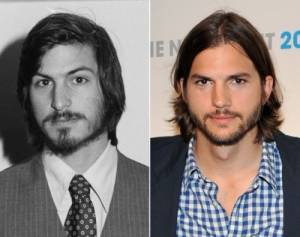
Ashton Kutcher's Steve Jobs somehow misses the whole point
While Mary Alyce and the boys were in Theater 7 this weekend watching Percy Jackson: Sea of Monsters ("Needs more monsters," says Fallon, age 7) I was in Theater 2 watching Jobs, the Ashton Kutcher film about Steve Jobs ("Has enough monsters," says Bob, age 60).
I know the Jobs story fairly well having, well, lived some of it, but people have been asking me about the film so I thought I should check it out. Critics have not been kind and Steve Wozniak said he wouldn't recommend it. I can see why.

I wish more companies had no exit strategies
I was with a friend recently who has a pretty exciting Internet startup company. He has raised some money and might raise more, his product is in beta and it’s good. It solves a difficult technical problem many companies are struggling with. We argued a little over the name of the product. Of course I thought my suggested name was better or certainly cleverer, but then he said, “It doesn’t matter because we’ll probably sell the company before the product ever ships. It may never appear at all.”
His company will exit almost before it enters. This is happening a lot lately and we generally think it is a good thing but it’s not.
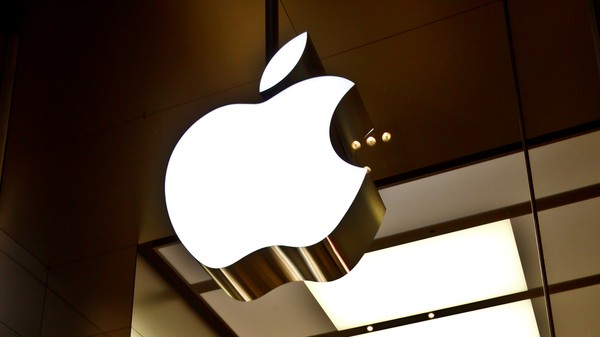
Apple needs a COO, not new CEO
A rather fanciful and irresponsible commentary at Forbes today asserts Apple is looking for a new chief executive. "Some Wall Street sources close to some Apple executives say such a move is afoot", contributor Gene Marcial writes, without offering any more meaningful identification in that. What? Were the boys talking between toilet stalls again?
At the very best, his sources are second-hand. Hearsay. Regardless, replacing Tim Cook is the wrong solution because his management isn't the problem, nor should he be ousted simply because the stock is in freefall. The fruit-logo company is a money machine, enormous in his hands compared to predecessor Steve Jobs. What Cook lacks is what Jobs had: a chief operating officer. Apple needs to find one -- now -- and public COO search might even boost investor confidence, which lacking perplexes me, given how much money this company mints.
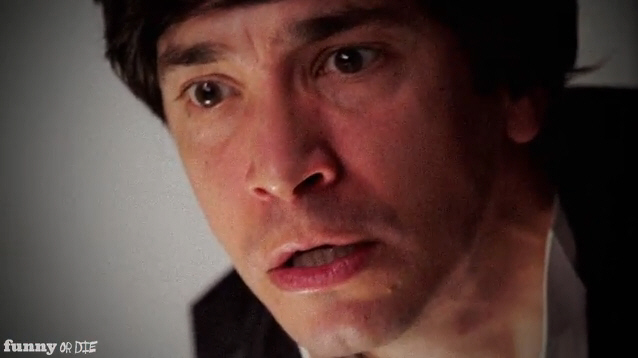
Funny or Die releases a teaser trailer for iSteve, its Apple movie
If I was casting a film about Steve Jobs’s life, a comic actor probably wouldn’t be my first choice for the title role. But clearly I know nothing about such things. Because first we had Two and a Half Men’s Ashton Kutcher playing the Machiavellian Apple co-founder in Jobs, and now we have the boyish Justin Long as the titular iSteve in Funny or Die’s forthcoming full length feature film.
The teaser trailer for iSteve, which was released just now, doesn’t give much away, as it mostly consists of lines from the movie, but we do get a very brief look at Justin Long in the role at the very end.
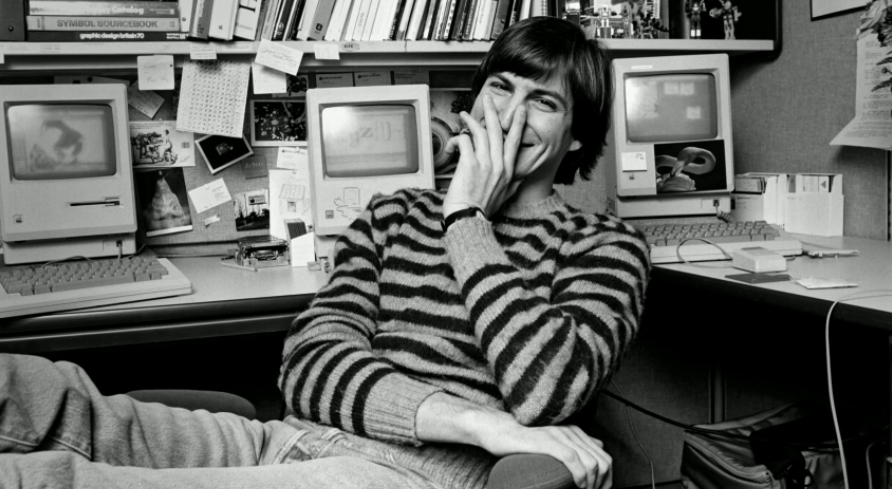
Accidental Empires, Part 16 -- The Prophet (Chapter 10)
Sixteenth in a series. Robert X. Cringely's tome Accidental Empires takes on a startling prescient tone in this next installment. Remember as you read that the book published in 1991. Much he writes here about Apple cofounder Steve Jobs is remarkably insightful from the context of looking back. Some portions foreshadow the future -- or one possible outcome -- when looking at Apple following Jobs' ouster in 1985 and the company now following his death.
The most dangerous man in Silicon Valley sits alone on many weekday mornings, drinking coffee at II Fornaio, an Italian restaurant on Cowper Street in Palo Alto. He’s not the richest guy around or the smartest, but under a haircut that looks as if someone put a bowl on his head and trimmed around the edges, Steve Jobs holds an idea that keeps some grown men and women of the Valley awake at night. Unlike these insomniacs, Jobs isn’t in this business for the money, and that’s what makes him dangerous.
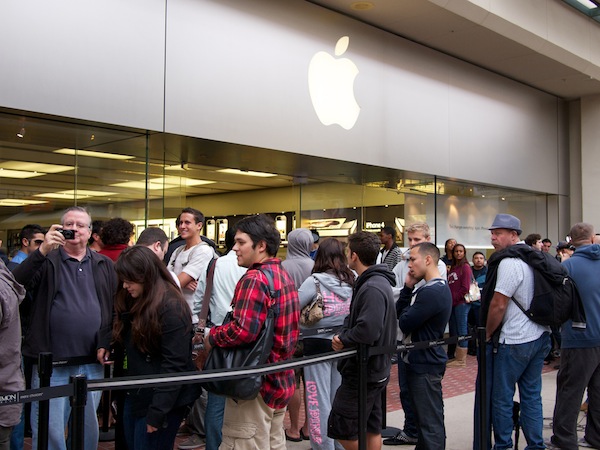
How Apple can get its mojo back
Apple executives like to talk about the post-PC era as an opportunity. But they have a post-Steve Jobs crisis that needs resolution first -- and fast. This week's calendar fourth quarter earnings report is time to assess where the company is and where it might be a year from now, and whether investors should lift falling shares from the nosedive.
Post-Steve Jobs -- and I'm talking as much about the time before his death -- Apple has lost the quality that made great products. The company’s approach to computer/device design is consistent and pervasive: Humanization. Apple design seeks to humanize complex technological products. There has been much written about Apple design in context of products that look good. But there is something more fundamental: Designing tech that is easy to use by making it more an extension of the human being -- more part of you. It's this quality missing from recent new product iterations, which aren't any more human-like than their predecessors. Meanwhile, competitors like Samsung do better.

To get ahead, Apple must leave Steve Jobs behind
Second in a series. My last column looked at Apple’s immediate challenges in the iPhone business, while this one looks at the company’s mid-to-long term prospects and how best to face them. The underlying question is whether Apple has peaked as a company, but I think the more proper way to put it is how must Apple change in order to continue to grow?
Even as some analysts are downgrading Apple based on reported cancellation of component orders, saner heads have been crunching the numbers and realized that Apple still has a heck of an iPhone business. So if you are a trader I think you can be sure Apple shares will shortly recover, making this a buying opportunity for the stock.
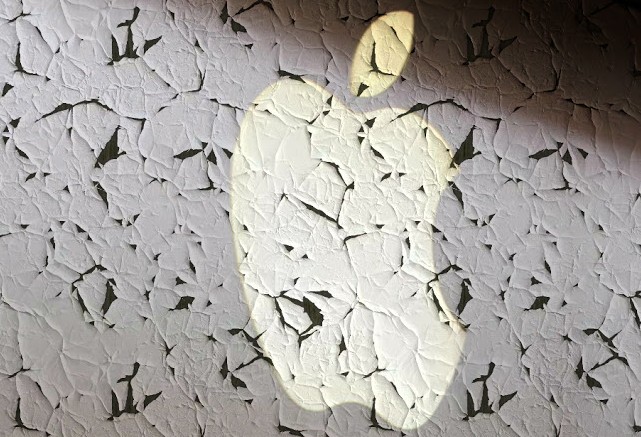
Will 2013 be another year of Apple iteration masquerading as innovation?
Apple ended 2012, Tim Cook's first full year as CEO, with a whimper. Analyst, blogger, reporter and social commentator puppy-love adoration gave way to persistent angst-questions about what's next and why the stock, which soared in September, soured through most of fourth quarter. Shares closed at $549.03, 22 percent down from the 52-week high. I can only describe 2012 as Apple's year of iteration and wonder where will be innovation this year. After all, the bitten-fruit logo company has a reputation to live up to.
By the financials, the Cupertino, Calif.-based company is the golden child. Starting in 2010, money poured in faster than the US Mint could print greenbacks. Apple takes in more cash than any other tech company ($156.51 billion during fiscal 2012), commands the largest market cap ($516.47 billion) and sits on a cash horde of at least $120 billion. But these capital gains come from past strategic investments, lucky timing (transition to the so-called post-PC era) and brilliant brand revival marketing and product execution. For the long haul, I predict that 2012 will be remembered as the year Apple stumbled -- as companies often do at the height of success -- and in this case following the tragic loss of its visionary cofounder.

Ashton Kutcher is Steve Jobs
The Apple co-founder passed away a little over a year ago, but such is the continuing interest in Steve Jobs’ life, there’s not one, but two Hollywood biopics in development. Aaron Sorkin’s adaptation of Walter Isaacson’s biography (which will apparently be set behind the scenes of three of Jobs’ biggest product launches -- the Mac, NeXT and the iPod), is due to start shooting next year, while jOBS, Joshua Michael Stern's more typically-structured take on events, is already in post-production and has been booked to close next year's Sundance Film Festival.
jOBS has attracted a lot of interest, partly for its choice of leading man. Ashton Kutcher’s movie career hasn’t exactly set Hollywood alight, and it’s fair to say the news that he was to play Jobs didn’t exactly go down well with the Apple faithful. Still, the actor seems to be taking the role seriously, and certainly looks the part in the promo photo released today.

Steve Jobs-designed luxury yacht unveiled
Towards the end of Walter Isaacson's authorized biography, Apple founder Steve Jobs talks about a self-designed boat he’s having built for himself and his wife Laurene. He shows Isaacson his models, and architectural drawings, and of course it’s a typical Jobs affair, with obsessive attention to detail: In order to realize the idea of having walls of glass "forty feet long and ten feet high" Jobs gets the chief engineer of the Apple stores to create a special type of glass capable of providing the necessary structural support.
Prophetically he tells Isaacson, after admitting he’s still tinkering with the design even though construction has begun, "I know that it's possible I will die and leave Laurene with a half-built boat. But I have to keep going on it. If I don't, it's an admission that I'm about to die". He did sadly pass away before the yacht was completed, but a year later his creation, named Venus, has been unveiled at a shipyard in the Netherlands.

Apple now owns The Beatles' iconic record label logo
Steve Jobs was a huge fan of the Beatles and would no doubt have been pleased by the news that his company finally now owns the Granny Smith logo of the band’s holding company, Apple Corps.
The two Apple firms faced off in court regarding trademark infringements three times in a long running dispute, and although the Beatles’ company won the initial two cases, in 1981 and 1991, the third case was settled in Apple Inc.’s favor in 2007 when, for an undisclosed fee, Jobs’ company secured the rights to all Apple trademarks and logos, provided they agreed to license them back to the music company. Three years later Jobs successfully brought the Beatles back catalog to iTunes.

Apple pays homage to Steve Jobs
Today marks one year since former Apple CEO Steve Jobs left this world, and in commemoration to its former leader and founder the Cupertino, Calif.-based corporation changed its front page, replacing it with a video detailing a few key moments from the man's life.
The black-and-white video slowly transitions the late Steve Jobs from one of his favorite Wayne Gretzky quotes to the iMac then to the more popular iPod and iPhone devices that have revolutionized the MP3 and smartphone market. The video ends in typical Steve Jobs fashion, delivering one of his powerful speeches.
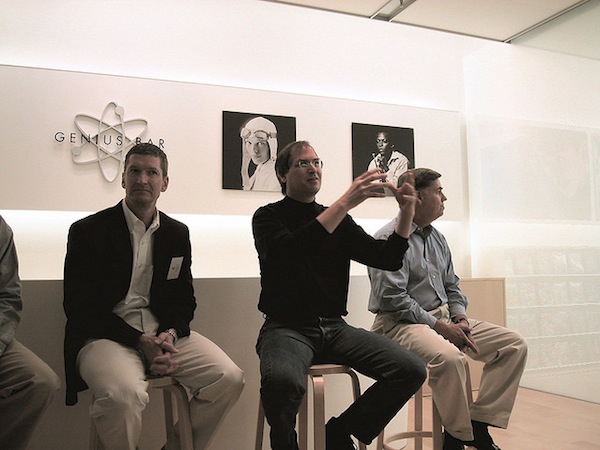
Remembering Steve Jobs
Apple's cofounder died one year ago today, and there will be plenty of headlines looking back at him and how the company he left behind performed since. I decided that the best way to remember him is to move on. Jobs is gone. At GigaOM, Eric Ogg opines: "Why the tech industry needs to let Steve Jobs rest in peace". It's good advice, and much better than stories suggesting Jobs would fire CEO Tim Cook for the iOS 6 Mapocalypse or how he would have delayed iPhone 5, among others (I've seen them this week).
It's better to focus on the living, not the dead, nor is it sensible to let his ghost haunt by way of speculation and guesswork. Move on people. Live for the moment, and plan for the future. Still, it's obligatory do something for such an iconic figure, and BetaNews has posted so many stories already. So my homage is simple: Links to a collection of our stories about Jobs written since his death.

Steve Jobs wouldn't back my private mission to the moon
Today marks a year since the death of Steve Jobs -- a year that has changed my life in many ways with at least two of those ways yet to be announced. The anniversary seems to be an excuse for anyone with a byline who knew or even bumped into Jobs to throw out a reminiscence or two, and I’m not immune to that disease. So here’s the story of when I tried to get Jobs and Apple to back my Moon Shot.
I’ve been trying since 2007 to mount a private unmanned mission to the Moon, though five years in it feels sometimes like I could have walked there by now. It turns out that the greatest challenge to reaching the moon isn’t technical but financial. Even though my Moon project is by far the cheapest one around, the trick is to raise money at a faster rate than the budget expansion that inevitably happens as you face realities along the way.
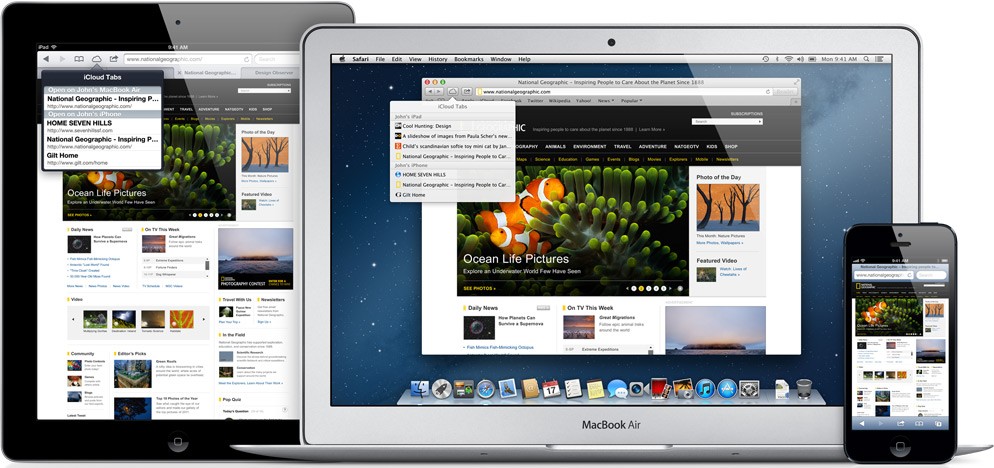
Apple maps reveals the difference between Steve Jobs and Tim Cook
I have followed Apple for over 20 years now in various ways as a consumer, an employee, a consultant and as a developer. These are my thoughts about the Maps debacle and what it says about the state of Apple overall.
The core of Apple (pun intended) is the seamless integration of hardware and software. Whereas Microsoft’s play in personal computing is purely software and companies like IBM, Dell, and HP were purely hardware, Apple wants to control the entire process. As a result, the integration is tighter, everything works better and the lines blur between the two.
